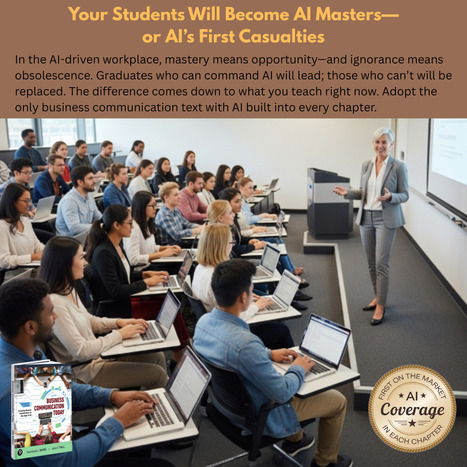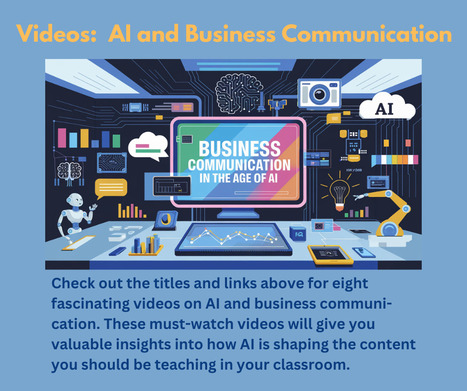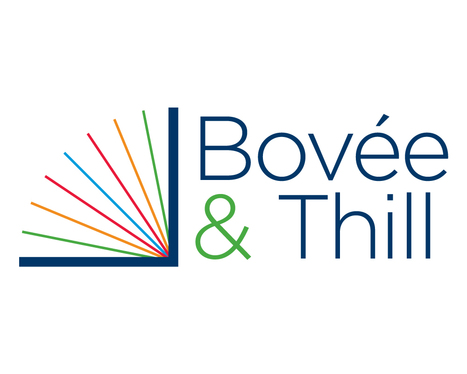
In today's digital age, business communication is evolving rapidly, paving the way for innovative technologies to reshape how we connect, collaborate, and communicate. One such technology that holds immense potential is artificial intelligence (AI). As students of business communication, it is essential to understand why AI and intelligence technologies are becoming increasingly vital in this field. In this blog post, we will explore the reasons why students in a business communication course should embrace and learn about AI technologies.
Enhanced Communication Efficiency
AI technologies, such as chatbots and virtual assistants, are revolutionizing the way businesses interact with their customers. Learning about these technologies equips students with the knowledge to leverage AI-powered communication tools that streamline processes, provide instant responses, and enhance customer experiences, ultimately driving organizational efficiency.
Data-Driven Decision Making
AI algorithms have the capacity to process vast amounts of data and extract valuable insights. Understanding AI enables students to harness these capabilities in business communication, allowing for data-driven decision making. By analyzing communication patterns, sentiment analysis, and customer behavior, students can shape effective communication strategies and tailor messages to specific target audiences.
Personalization and Customer Engagement
AI technologies enable businesses to personalize communication and engage customers on a deeper level. Students learning about AI can explore how intelligent systems analyze customer preferences, generate personalized recommendations, and craft targeted marketing campaigns. This knowledge empowers students to create communication strategies that resonate with their intended audience, fostering stronger customer engagement and loyalty.
Voice-Based Interfaces and Natural Language Processing
Voice assistants like Siri, Alexa, and Google Assistant are becoming ubiquitous in homes and workplaces. Understanding the underlying technologies, such as natural language processing, speech recognition, and voice search optimization, helps students adapt their communication skills to this growing trend. Incorporating voice-based interfaces in business communication allows for more accessible and interactive interactions with customers, employees, and stakeholders.
Ethics and Responsible AI Use
As AI continues to evolve, ethical considerations surrounding its use become increasingly important. Students studying business communication should gain insights into the ethical implications of AI technologies, including issues like privacy, bias, and transparency. Developing an understanding of responsible AI practices prepares students to engage in meaningful discussions and make informed decisions regarding AI integration in business communication.
By embracing AI as part of their studies, students not only enhance their communication skills but also gain a competitive edge in the professional world. From improved communication efficiency to data-driven decision making, personalization, voice-based interfaces, and ethical considerations, learning about AI technologies equips students to navigate the evolving challenges and opportunities they will encounter in their future careers.
How Students Can Learn about AI in a Business Communication Course
Business Communication Today, 16th Edition, authored by Bovee and Thill, is the only textbook in the field to offer full coverage of AI in every chapter. Order an examination copy of this text to prepare your students for their AI future.




 Your new post is loading...
Your new post is loading...























